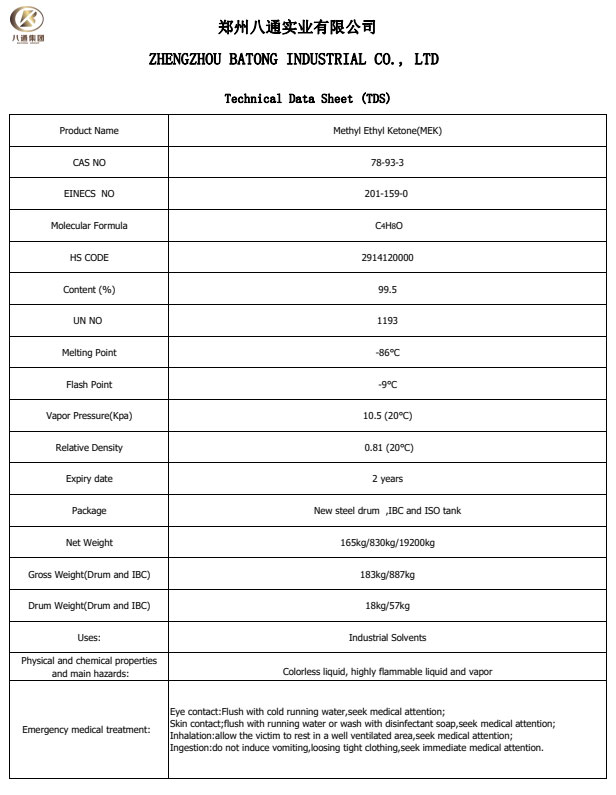The Technical Data Sheet, commonly known as TDS, is a document that provides detailed information about a particular product or material. It contains technical specifications, characteristics, performance data, and any other relevant information that helps users understand and make informed decisions about the product.
TDS plays a crucial role in various industries, such as manufacturing, construction, and chemicals. It serves as a comprehensive guide for professionals and end-users, offering insights into product composition, usage instructions, safety precautions, and environmental considerations. By referring to the TDS, individuals can assess the suitability of a product for their specific needs, ensure proper storage and handling, and comply with regulatory requirements.

TDS typically includes information such as physical and chemical properties, mechanical and electrical specifications, recommended storage conditions, usage guidelines, compatibility with other materials, and potential hazards or precautions. It also provides data about the product’s performance under different conditions, durability, and expected lifespan.
Companies often provide TDS as part of their product documentation, ensuring transparency and enabling customers to make informed choices. It is an essential tool for engineers, architects, contractors, and individuals involved in product selection, quality control, research, and development.
In summary, a Technical Data Sheet (TDS) is a valuable resource that provides detailed information about a product or material. It empowers users to understand its characteristics, usage guidelines, and safety considerations, ultimately facilitating informed decision-making and promoting product efficiency and compliance.



